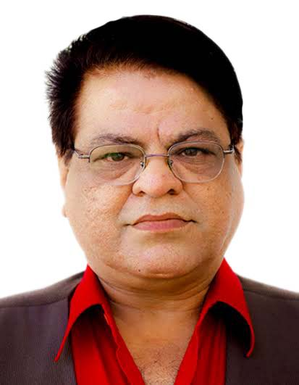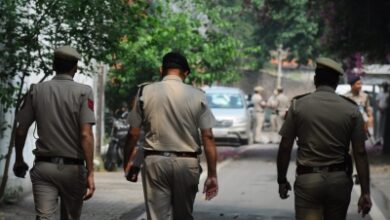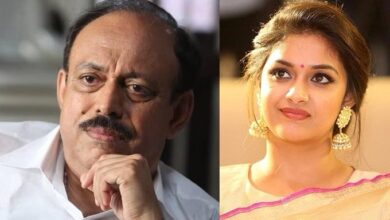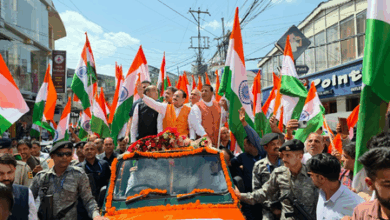Advocacy must to make politicians value LGBTQ rights: Suhail Abbasi

New Delhi Oct 21 : Despite lingering questions in the wake of a recent Supreme Court verdict, the LGBTQ community remains steadfast in their battle for equal rights.
Suhail Abbasi, the Co-Founder & Chairperson, The Humsafar Trust, and one of petitioners in the Apex Court, highlighted the need for constant engagement, legal advocacy, and dialogue with parliamentarians to address the issues faced by the LGBTQ community.
Abbasi, while talking to IANS, emphasised the significance of this ongoing fight for equality, recalling that it took nearly two decades to overturn Section 377 and achieve some legal reform.
He suggested that any substantial legal changes in the future would require extensive advocacy and collaboration with various stakeholders.
“The legal landscape for LGBTQ rights is expected to remain extremely active and demanding,” says Abbasi.
The recent Supreme Court verdict has generated discussions about the societal challenges still faced by LGBTQ individuals in India. Abbasi clarified that their primary goal was not to secure special rights but to attain the same rights as any other Indian citizen.
These rights include marriage equality, inheritance rights, societal recognition, adoption rights, and the ability to make medical decisions on their partner’s behalf.
“We believed that achieving marriage equality would pave the way for other rights to follow. It was not possible to demand all these rights simultaneously,” Abbasi explained.
LGBTQ activists had petitioned the Supreme Court, including Abbasi himself, to advocate for marriage equality rights. However, the recent judgement left many uncertain about the next steps.
Abbasi says that they were currently consulting lawyers and legal experts to understand the specific implications of the new ruling.
“Although the recent judgement portrayed our case positively, it did not grant us significant rights. We must first grasp the implications of the judgement before formulating a strategy for the future,” says Abbasi.
When asked about engaging with the government and political parties to support LGBTQ rights, Abbasi acknowledged that the responsibility of changing laws rested with the Parliament.
“Advocacy and awareness campaigns would be essential to make politicians understand the importance of LGBTQ rights and the need for inclusive policies,” says Abbassi.
He expressed concerns about political parties remaining silent on LGBTQ issues, believing that they did not consider the community a significant vote bank.
He emphasised the need for LGBTQ advocates to highlight their voting power and ensure that politicians took their concerns seriously.
Meanwhile, various LGBTQ organisations are working together to draft proposals for inclusion in national policies. They aim to address issues related to health, social changes, legal reforms, and personal and equal rights.
As per the community members, medical rights, in particular, have been a major concern, as LGBTQ individuals often face challenges when seeking medical permission from authorities.
Marriage equality rights, while a crucial milestone, are just one aspect of the broader struggle for LGBTQ rights in India.
Abbasi and others in the community remain committed to advocating for equal rights at all levels of society, from healthcare to legal reforms, with the hope of creating a more inclusive and equitable future for all






